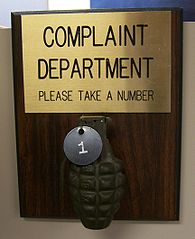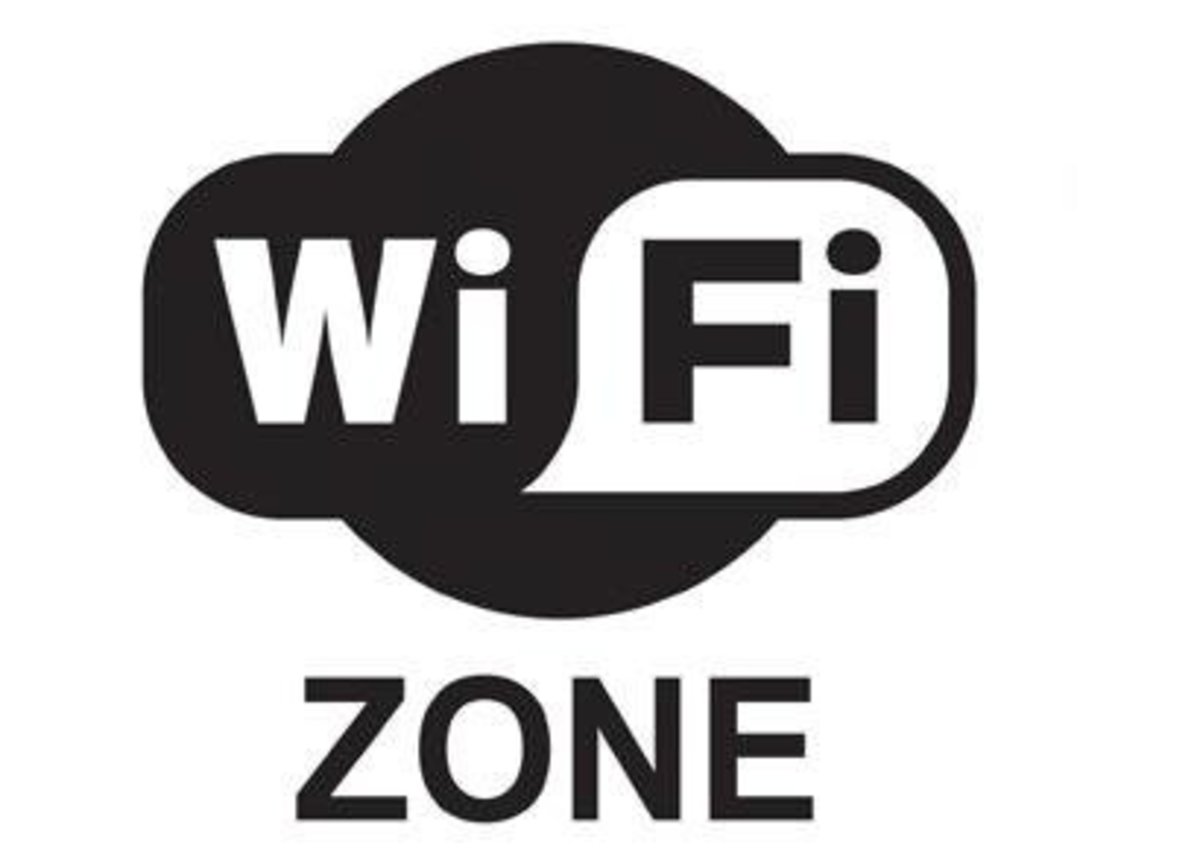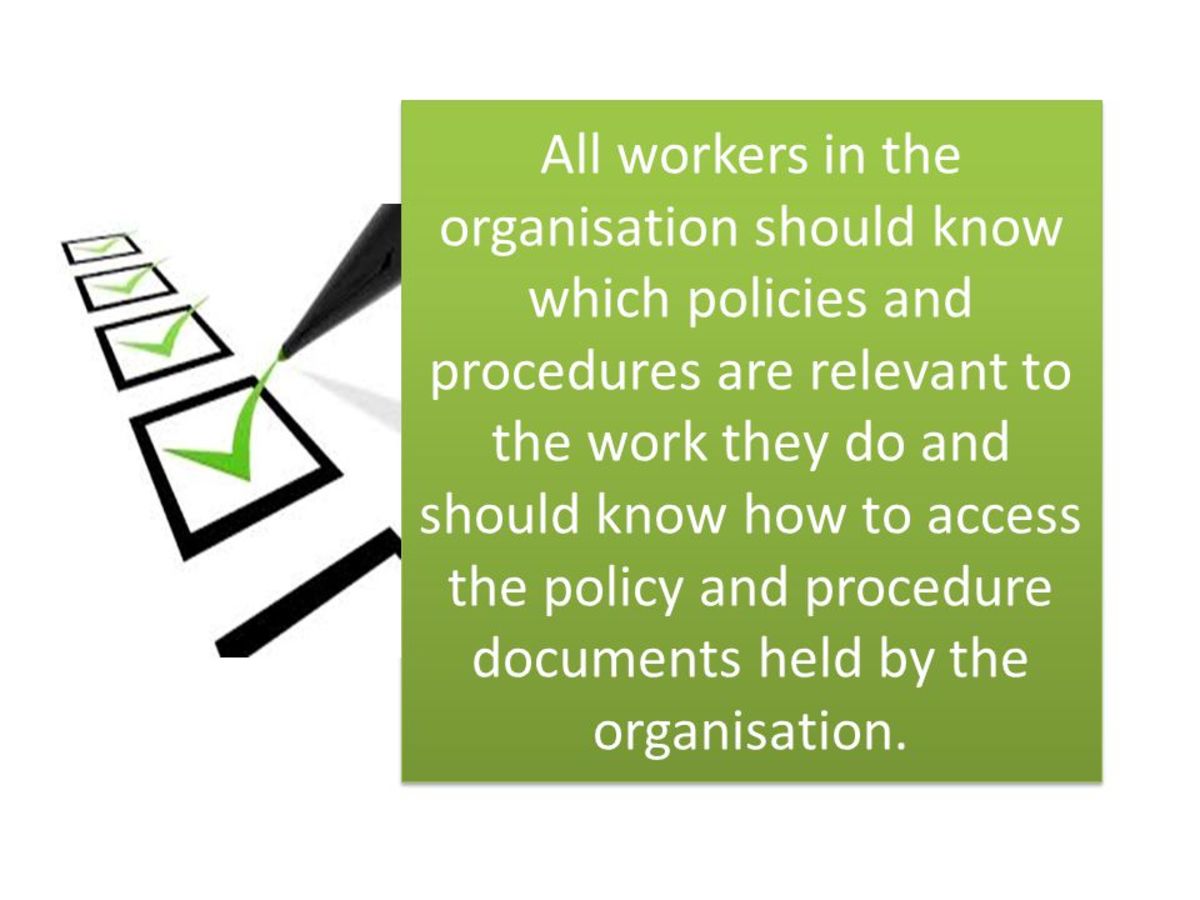How Complaining Can Save You Money

At some point or another, we’ve all been cautioned that, “If you don’t have something nice to say, you shouldn’t say anything at all.” While that advice may be true for social situations, it’s not very practical at all when it comes to being a consumer. Whether you’re dining at a fast food restaurant or purchasing a luxury automobile, you possess a power that can move mountains: a complaint.
Complaining often gets a bad reputation thanks to those who attempt to “game the system” by demanding a free product or service for no reason. These are the types of people who ruin it for the rest of us by lodging dishonest grievances. Not only do they reap rewards that aren’t coming to them, but they often harm good businesses that put out quality products in the process. However, that doesn’t change the fact that sometimes there is a reason to voice our dissatisfaction. To become savvy consumers and foster a healthy consumer marketplace, we must learn that there is a time and a place to complain.
Phone, Cable & Internet Service
My fiancée and I both work online, so when it came time to move into our new apartment, I called the internet service provider well ahead of time to ensure that we would have a stable connection set up for work as soon as we moved in. Unfortunately, the internet was far from ready when we moved in, and a series of frustrating calls to technical support led only to increased frustration and being disconnected by an automated system multiple times.
I called the company during normal business hours and asked to speak with a supervisor. After politely explaining both my predicament and dissatisfaction with the way that my service had been handled, the supervisor not only promised to get to the bottom of the problems with their automatic system but offered me a month of free internet for my troubles. Had I simply kept quiet, not only would I have been charged for lackluster service, but other customers may have continued having the same problems that I did.
Phone, cable and internet services, often bundled by the same company, receive a large volume of calls as many operate near monopolies in their given locations. Customer service can often fall by the wayside when it comes to individual technical support and call center workers, but don’t just settle for “We’ll get to it when we get to it.” You pay for the service to work reliably, and time you spend trying to sort out problems that shouldn’t exist in the first place is time you could be spending doing other things. Be polite, but firm and let the companies know when they aren’t meeting your service expectations. At worst, they’ll ignore you but at best you may receive free service for your troubles and other customers may be saved a headache.
Restaurants
I’ve received free meals from fast food chains and gourmet five-star restaurants alike by voicing my opinions, both positive and negative. If the food and service are amazing, my fiancée will leave a tip accordingly and we’ll tell the manager just how much we appreciated the wonderful dining experience. A truly exceptional waiter is worth calling the restaurant manager to praise. I’ve actually gotten a few deserving folks the boost they needed for promotions that way. It takes only a few minutes of the customer’s time, but it says a lot to the supervisor that you took the time to call. Some restaurants even leave comment cards for this purpose.
The flip side is a bit murkier. Sometimes a good manager will give you a discount just for giving them positive feedback. Other times your experience won’t be so wonderful, and restaurants can be one of the most awkward places for a consumer to complain. After all, a lot of time went into preparing the dish in front of you. Should you really say anything just because the sauce is too salty or that steak isn’t nearly as tender as all the other times you’ve ordered it?
The answer, in my opinion, is yes! We would all prefer to hear positive comments rather than negative ones, but being an honest consumer goes both ways. When the service and food is exceptional, speak up! When the meal isn’t what you came for, speak up then as well. After all, would you really have driven twenty minutes and paid ten dollars to eat dried out steak? No? Then don’t be afraid to make your concerns known, in a polite way, of course. I’ve been told by numerous restaurant managers that they appreciate it when their long-time customers are honest and tell them when a meal isn’t up to their expectations. It may not be fun to hear, but if everyone keeps quiet and simply stops returning to the restaurant, they’ll never know why they’re losing their business! It may be as simple as missing a step in the quality control line in the kitchen, but if something doesn’t taste right, you as a diner have the right to make it known. After all, there’s a reason you went out to eat.
This goes double when there’s something wrong with the food. I’ve had undercooked chicken sandwiches, whole bones found in boneless chicken and fish, and even a wad of chewing gum that fell into a bowl of soup! In each of these cases, my health was on the line and I certainly felt justified in complaining. It’s not about the potential for a free meal; it’s about preventing poor quality or even dangerous food from continuing to be produced.
Car Insurance
My experiences with car insurance have been rather unfortunate to date. I’ve had customer service representatives promise calls that were never returned, I’ve had my rates changed without notice, I’ve been charged for mileage monitoring devices that didn’t work, and even denied a discount because the company lost paperwork verifying my eligibility. Car insurance is one of those monthly household items that you have to stay on top of constantly to ensure that you really are getting what you pay for – and not paying too much. Monitor your bill and statements, and when something changes without proper notice, give the customer service line a call. Customer service depends on the company, and can often be a hassle in and of itself, but even them, make it known if you’re dissatisfied with the service provided. I’ve received refunds of over $300 this way for items that were inappropriately charged.
Banking
We’ve all been there. You forget to transfer money into the right account in time for that check to clear, and now you have a whopping overdraft fee. Sometimes it’s your fault, sometimes the bank made a mistake. In either case, it can never hurt to call and speak with a customer service representative. Remember to be kind in this scenario more than all the others because, after all, the person you’re speaking with has control of all your money. Just kidding! But I do have several friends in banking, and they tell me countless stories of how aggressive customers can be with them, even more so than in any other service industry.
Overdraft fees are not set in stone. They can almost always be waived as a courtesy, but you have to first give as you get: be courteous to your banker and often they will make allowances for you, whether the fee was the result of your error or theirs. This is especially true for long-time customers who don’t have a history of common overdrafts. They’d rather keep a happy customer for life than a one-time fee of $25. However, every time I’ve had a fee waived I came away with the distinct impression that it was because I made an effort to be polite to the person I was speaking with, and make sure they knew I didn’t believe they were responsible for my problem.
Libraries
I put myself through college working behind a library desk, and let me tell you, your fines are not set in stone. They are, however, heavily dependent on how nice you treat the person behind the desk. Rude, belligerent customers demanding to be excused from their “outrageous” ten cent fines are usually not appeased. Polite people who take the time to calmly explain why they couldn’t return their books because of emergency or other unexpected situations, however, are often heard and accommodated. Librarians are generally friendly folk, shrewd “Shushing” stereotypes aside. In fact, I landed my job by replying to an interview question about fines with a customer-friendly answer.
Retail
We’ve all run into a firm “no returns” policy here and there. I’ll leave my personal opinions on these policies aside, and suffice it to say that they are usually not as hard and fast as the receipt would have you believe. If there’s something wrong with the product beyond your control, call the store manager. Stores can’t listen, but the people who work for them can and do understand that there are extenuating circumstances.
Hotels
We’ve all been to a hotel where room service entered in spite of the “Do Not Disturb” sign on the door, or the linens were left in a state of questionable sanitation from the last guest. In these cases, complaints are best reserved for the front desk and not taken out on the housekeeping staff. I’ve scored discounts from a free stay to rewards points for voicing my issues with various room-related conditions, and you can, too.
And there you have a list of some of the most common venues for valid complaint that are often overlooked. Here are a few tips to make the complaint process go more smoothly:
- Never take it out on the housekeeper, server, cashier, etc.. Chances are, whatever your problem is isn’t their fault and they have no way of fixing the situation no matter how much you yell. Reserve complaints for managers and supervisors who can actually do something about it.
- Don’t leave a bad tip just because you didn’t like the meal. Servers depend on tips for the majority of their income. Their job is to serve your food, not prepare it, so try to evaluate table service completely independently of the food. The bill is for your meal, the tip is for your service.
- Don’t take no for an answer. At least, not at first. If the person you’re speaking with is unreasonably refusing to acknowledge your complaints, politely ask to speak to their supervisor. Generally speaking, the further up the chain of command you go, the more focused they are on the big picture of customer satisfaction.








